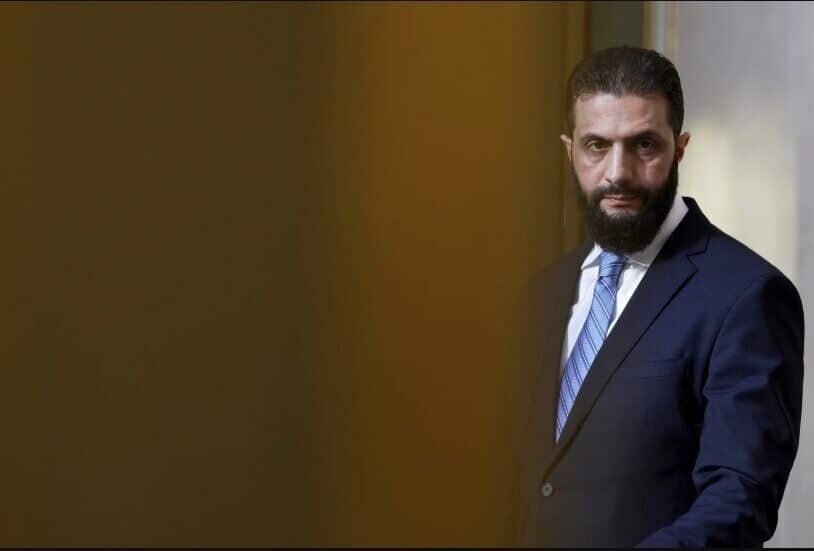US think tank: Ahmad al-Shara whitewashes Alawite massacre.
The new Syrian transitional government, led by Ahmed al-Sharaa, a member of the Hayat Tahrir al-Sham group, claims to have abandoned its extremist past and turned to a future based on justice and accountability. However, last week the first real test of this commitment failed disastrously, exposing the regime’s promise of neutrality as a calculated show to deceive the international community.
The issue is a commission set up by the new government to investigate the killings on the Syrian coast. But instead of confronting the obvious sectarian motives behind the violence, the commission described the killings of Alawites, a religious minority, as mere acts of revenge resulting from the government’s failure to control armed groups.
The official conclusion, announced this week, is not only a miscarriage of justice but also a profound betrayal of justice and a dangerous form of political cleansing. This shows that the government under Ahmed al-Sharaa is neither willing nor able to confront the deep-rooted ideological poison of sectarianism that feeds groups like Hayat Tahrir al-Sham.
The distinction between “revenge” and “sectarian” violence is in fact a calculated political ploy. The commission claims that the killings were carried out not because the victims belonged to the Alawite sect, but because they supported Bashar al-Assad. But in the reality of the Syrian war, this distinction has no meaning.
Many extremist groups, including those from which Hayat Tahrir al-Sham draws inspiration, make no distinction between “being Alawite” and “supporting Bashar al-Assad.” As a result, religious identity becomes the main criterion for selecting victims, even if the violence is ostensibly presented as retaliation for the regime’s crimes. The target is the victim’s identity itself, not their political affiliation.
The commission’s conclusion is contradicted by a wealth of evidence. Most of the victims of these massacres have been Alawite civilians, and survivors insist that the violence was clearly sectarian in nature. By ignoring these motives, the government led by Hayat Tahrir al-Sham is effectively seeking to exonerate the perpetrators of crimes committed out of ideology and religious hatred.
This failure of impartiality is catastrophic for any government that claims credibility. Genuine transitional justice requires an honest recognition of the ideological roots of the violence. By denying sectarianism, Ahmed al-Shara’s government is in fact protecting its hardline base and sending a threatening message to minorities that their security will remain a matter of political expediency.
This show of justice is directly linked to the diplomatic campaign that the new regime is simultaneously pursuing. Al-Shara, which was removed from the UN sanctions list against ISIS and al-Qaeda in a US-backed vote last week, is now seeking global legitimacy and reconstruction funding.
The United States and its allies have engaged with him, hoping to use him as leverage to contain Russian and Iranian influence in the region. But this political pragmatism has compromised the fundamental principles of countering extremist ideology.
The problem is structural; an extremist regime cannot credibly prosecute its ideological allies. For this reason, Syria’s judicial commissions suffer from a chronic lack of transparency. They have refused to reveal the identities of the accused and have only confirmed the arrest of one low-ranking official. Human rights groups have called for the commission’s full findings to be published, but Damascus has resisted as usual.
The report continues: The West should not be fooled by this political showdown. A genuine Syrian transition path, one that does not become a permanent threat to Israel and regional stability, must be based on moral transparency and real accountability. The defeat of the Justice Commission this week revealed that Ahmed al-Shara’s government is structurally fragile and built on the same ideological poison that brought down the previous regime. Accepting the rule of Hayat Tahrir al-Sham and endorsing its distorted version of justice risks the international community legitimizing the extremists’ strategy of seizing power.

